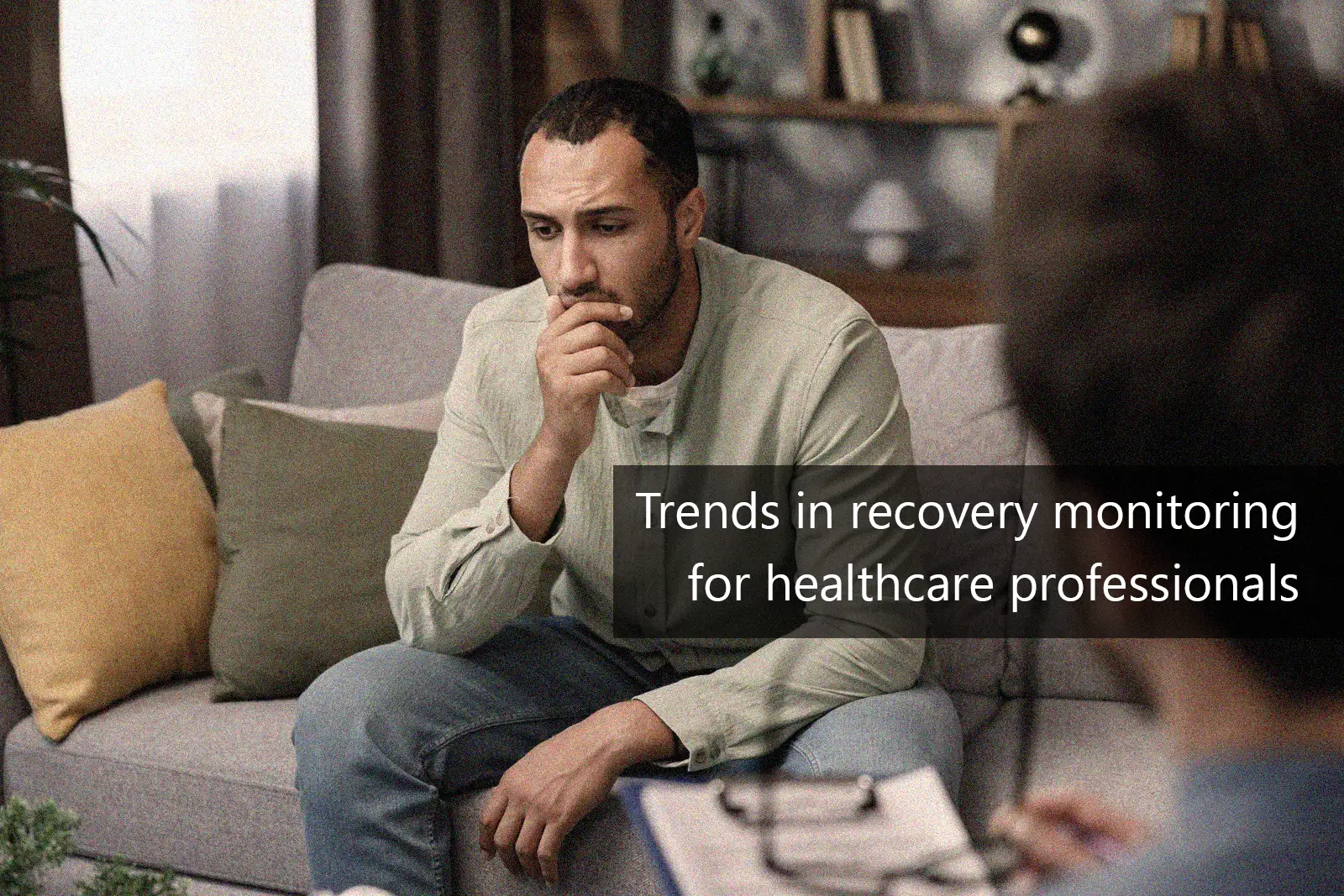The past few years have seen enormous change in all industries, but healthcare has been amongst, if not the most impacted of all. Extreme workloads, burnout, nursing shortages, and employee safety have all been top-of-mind like never before, causing never before seen stress amongst healthcare workers everywhere.
This has not come without subsequent fallout in certain areas, particularly substance abuse. The pandemic has resulted in a significant impact on drug usage amongst healthcare professionals. According to a recent survey conducted by the Hazelden Betty Ford Foundation, healthcare professionals have reported a significant increase in their use of alcohol, marijuana, and opioids since the pandemic began. The survey found that:
- 53% of healthcare professionals reported an increase in their use of alcohol since the pandemic began.
- 42% of healthcare professionals reported an increase in their use of marijuana since the pandemic began.
- 34% of healthcare professionals reported an increase in their use of opioids since the pandemic began.
These numbers clearly show the pandemic placed significant stress on healthcare professionals, who have been working longer hours and dealing with an unprecedented volume of patients. This stress, coupled with isolation and limited access to traditional support systems, has contributed to increased drug and alcohol usage.
Substance use disorder (SUD) is a significant issue for healthcare professionals, who are at higher risk of developing SUD than the general population. Recovery monitoring programs for healthcare professionals with SUD are critical in supporting their recovery and ensuring their compliance with licensure boards.
Below are some of current efforts and trends in recovery monitoring being used to address the recent surge in drug and alcohol usage:
1. Comprehensive drug testing
Comprehensive drug testing programs are becoming increasingly popular in recovery monitoring programs for healthcare professionals with SUD. These programs may include random drug tests, as well as testing for a wider range of substances than traditional drug tests.
2. Peer support
Peer support programs have become more prevalent in supporting healthcare professionals with SUD. These programs offer much needed emotional support and guidance to peers who have gone through similar experiences. Peer support often provides a safe and supportive environment for like-minded healthcare peers to share their experiences and receive emotional support from others who understand each other.
3. Use of technology
Technology is being used more frequently to enhance recovery monitoring programs for healthcare professionals with SUD. For example, healthcare organizations may use electronic monitoring devices or smartphone apps to track medication compliance or provide real-time feedback on behavior.
4. Medication-assisted treatment (MAT)
MAT has become a more popular treatment option for healthcare professionals with SUD. MAT involves the use of medications, such as buprenorphine and methadone, to help manage cravings and withdrawal symptoms that come along with SUD. Healthcare organizations are increasingly incorporating MAT into their recovery monitoring programs to support healthcare professionals in their recovery.
5. Support groups
Support groups, such as Alcoholics Anonymous and Narcotics Anonymous, have been long recognized as effective tools for promoting recovery from SUD. Healthcare organizations may offer support groups specifically for healthcare professionals with SUD to provide a safe and supportive environment for them to share their experiences and receive emotional support.
In the current landscape, recovery monitoring programs are more important than ever in supporting successful recovery and ensuring continued compliance with licensure boards. The trends in recovery monitoring programs are constantly evolving, and healthcare organizations must stay up-to-date with the latest trends and approaches to provide effective support for healthcare workers.
With 30+ years of experience in the industry, Vault Workforce Screening partners with leading Professional Licensing Boards throughout the country to develop custom software and the largest menu of drug and alcohol testing options for recovery compliance and accountability, while assisting clients to set up modern, efficient programs to manage the effort.
Learn more about Vault’s Recovery Monitoring Solutions for Licensed Professionals. If you are thinking about starting a new program, or changing/improving your existing program, you can schedule a call to discuss Vault’s options and see a demo of our best-in-class program management platform.
The information and opinions expressed are for educational purposes only and are based on current practice, industry related knowledge and business expertise. The information provided shall not be construed as legal advice, express or implied. Consult with legal counsel before any action is taken or not taken in relation to information disseminated in this resource.

